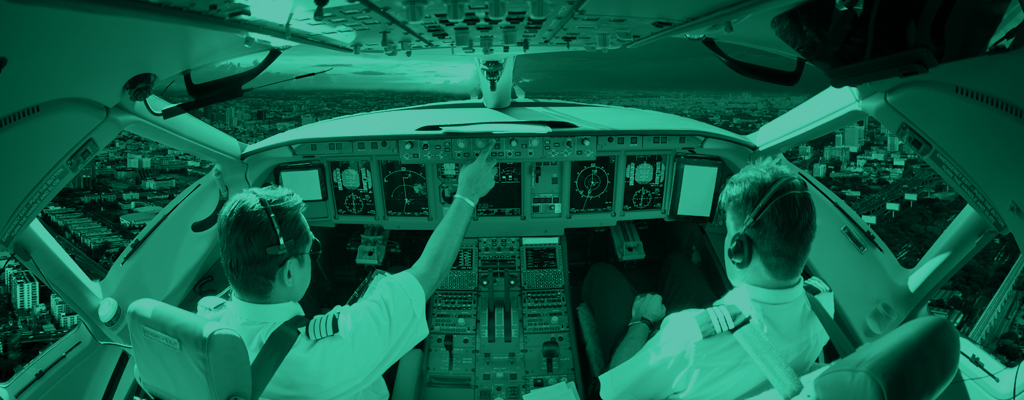Ongoing issue of alcohol consumption with airline pilots

We previously discussed the story of pilots being arrested in Glasgow airport in suspicion of being under the influence of alcohol. This story caused a sense of alarm in the UK aviation market, as the thought of pilots flying aircraft under the influence of alcohol is worrying for passengers. However it appears that the problem continues to occur overseas with further cases being reported of alcohol consumption.
In the USA, a co-pilot was escorted off a carrier plane after his pilot raised suspicion that his partner was under the influence. Upon raising the alarm, a police officer entered the aircraft and advised the co-pilot to gather his belongings, after a ‘strong odour of intoxicants was emanating from the suspect’. When a blood test was conducted, the accused blood alcohol level registered 0.343%. The US legal limit for pilots is 0.02%.
The blood alcohol levels vary by country, and in some cases, by vehicle. As stated above the USA has a 0.02% limit, and also limits pilots from consuming alcohol within eight hours of reporting for duty. In the UK the limit is 20 milligrammes of alcohol per 100ml of blood. In addition to the limits on blood alcohol level, pilots must also comply with their employer in-house policies, which tend to be tougher. Most airlines impose a 12 hour consumption restriction, with drug and alcohol testing being random and frequent.
It appears that alcohol consumption among pilots is an ongoing issue. With such cases attracting attention from news outlets, it highlights the need for drug and alcohol testing within the industry in order to avoid any potentially serious incidents.
One key issue which will have an impact on the aviation industry is the incoming change in legislation for drug and alcohol testing. The new legislation comes as a result of the 2015 Germanwings tragedy which saw 150 lose their lives. A detailed investigation was carried out on the accident, and a series of recommendations were put forward for review. One recommendation was for drug and alcohol testing to be mandated as part of a random program of testing by every operator. The new legislation is aimed for introduction in early 2017.
At Randox Testing Services we work with aviation companies to help implement effective workplace drug and alcohol testing policies. We also offer a range of point of care products as well as a complete drug and alcohol testing service. We work with customers to make workplaces safer. To find out more contact us at testingservices@randox.com.